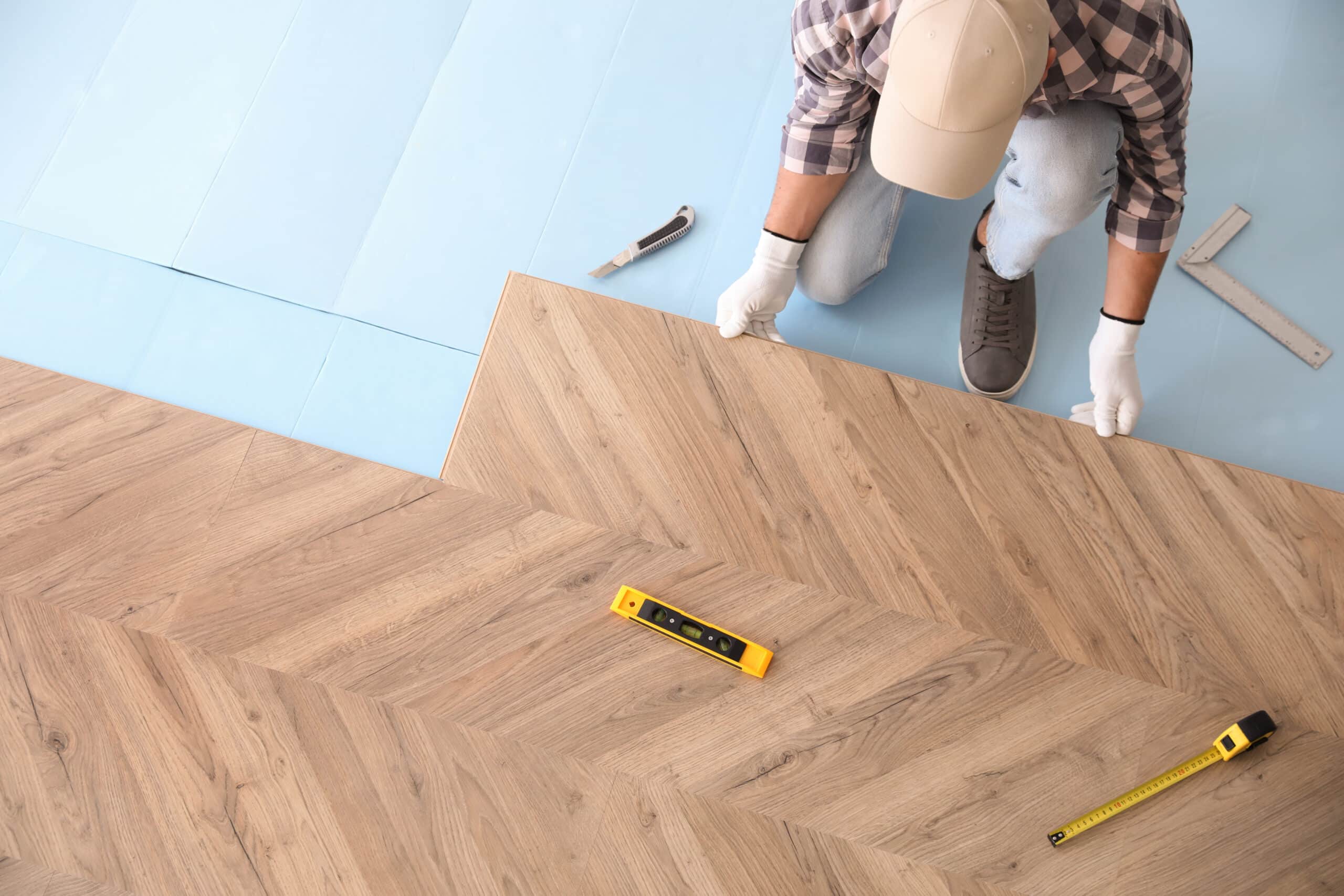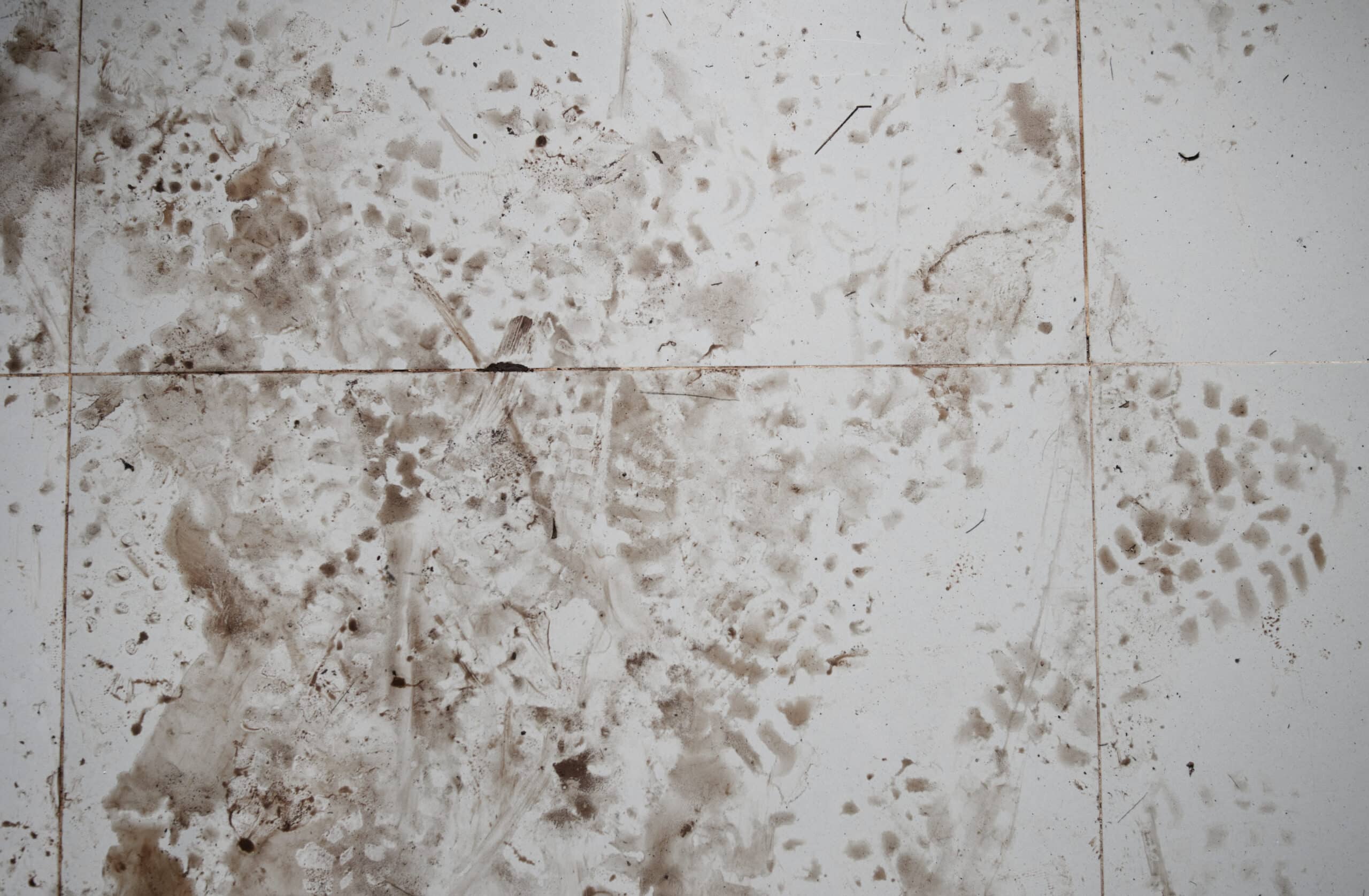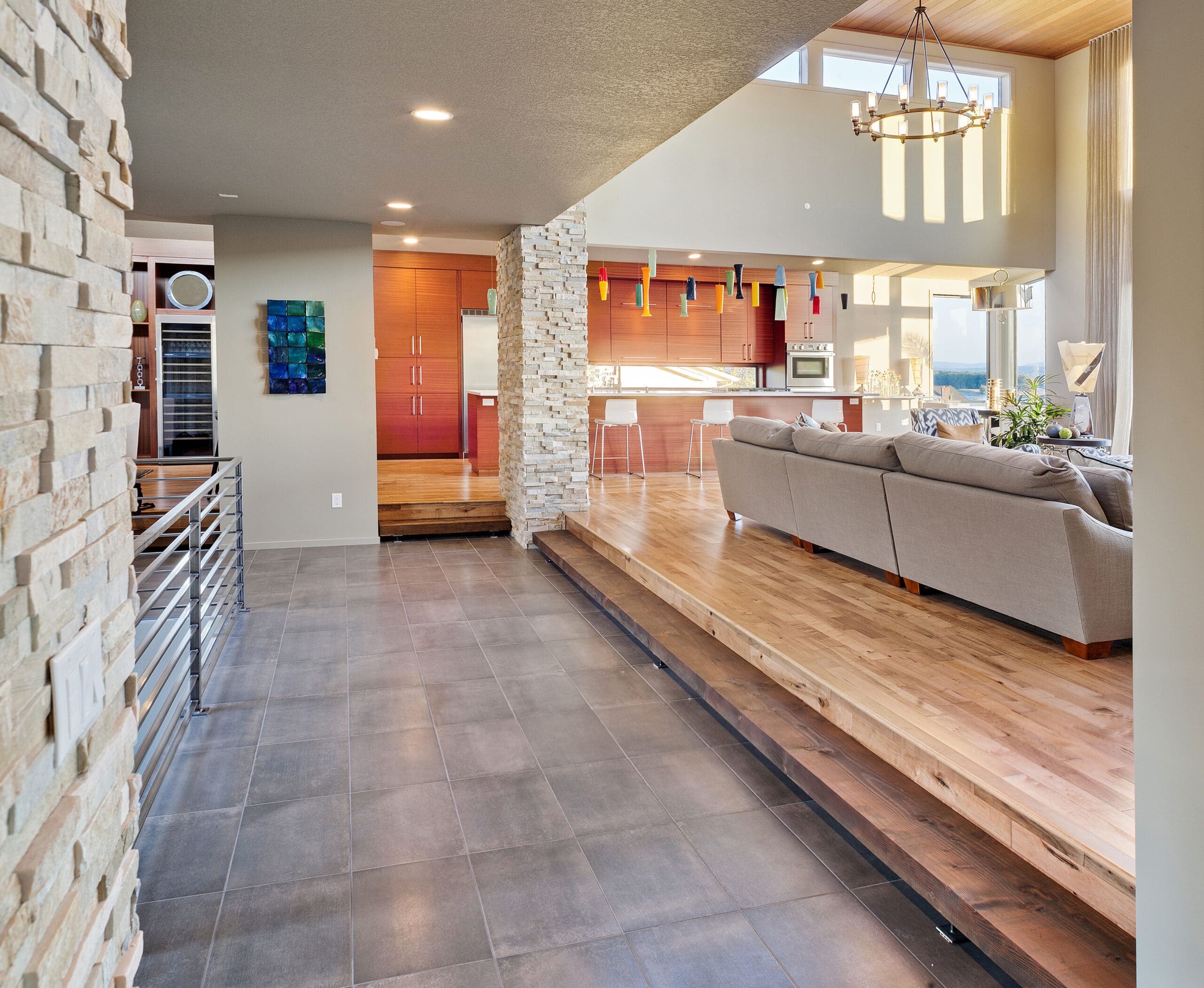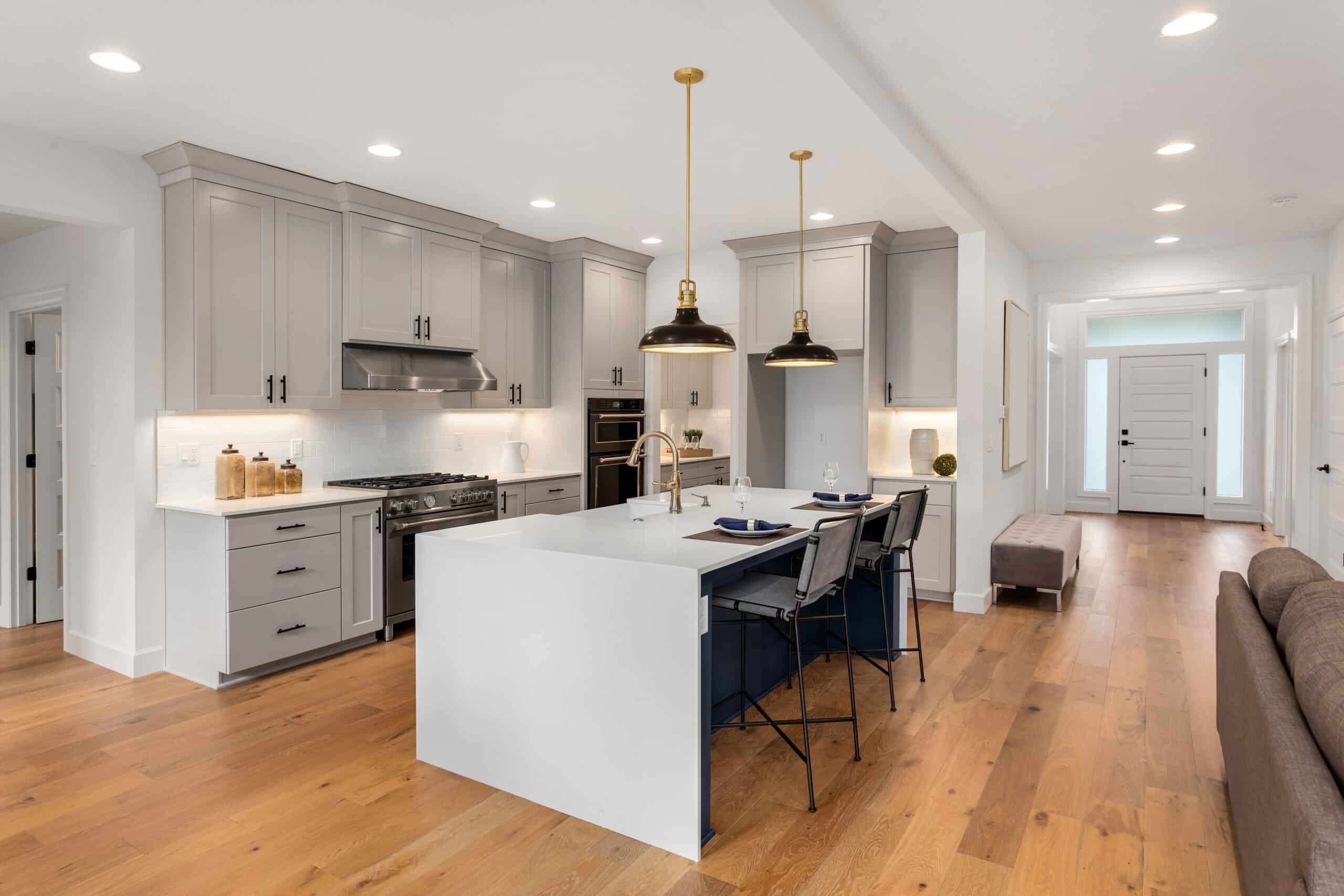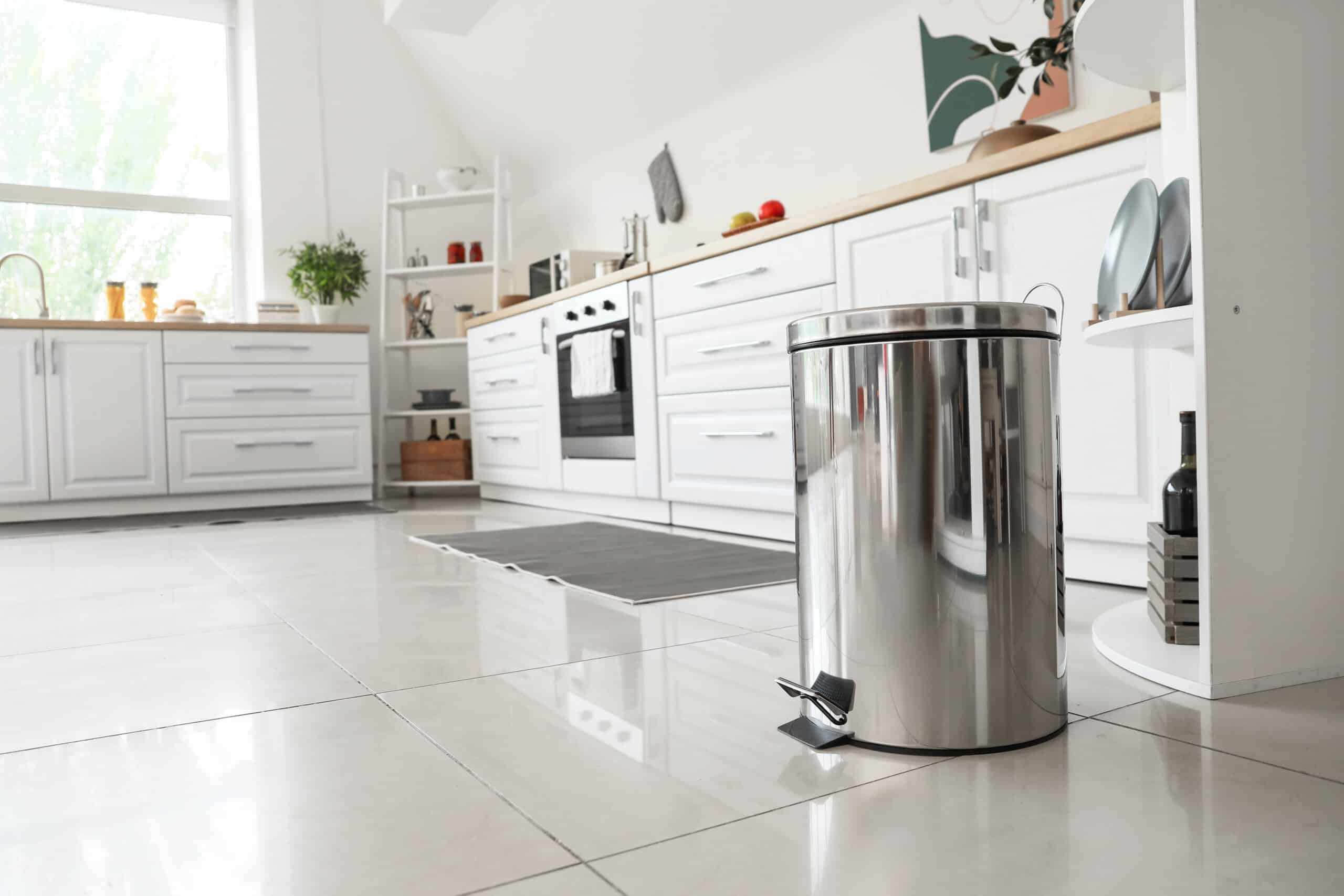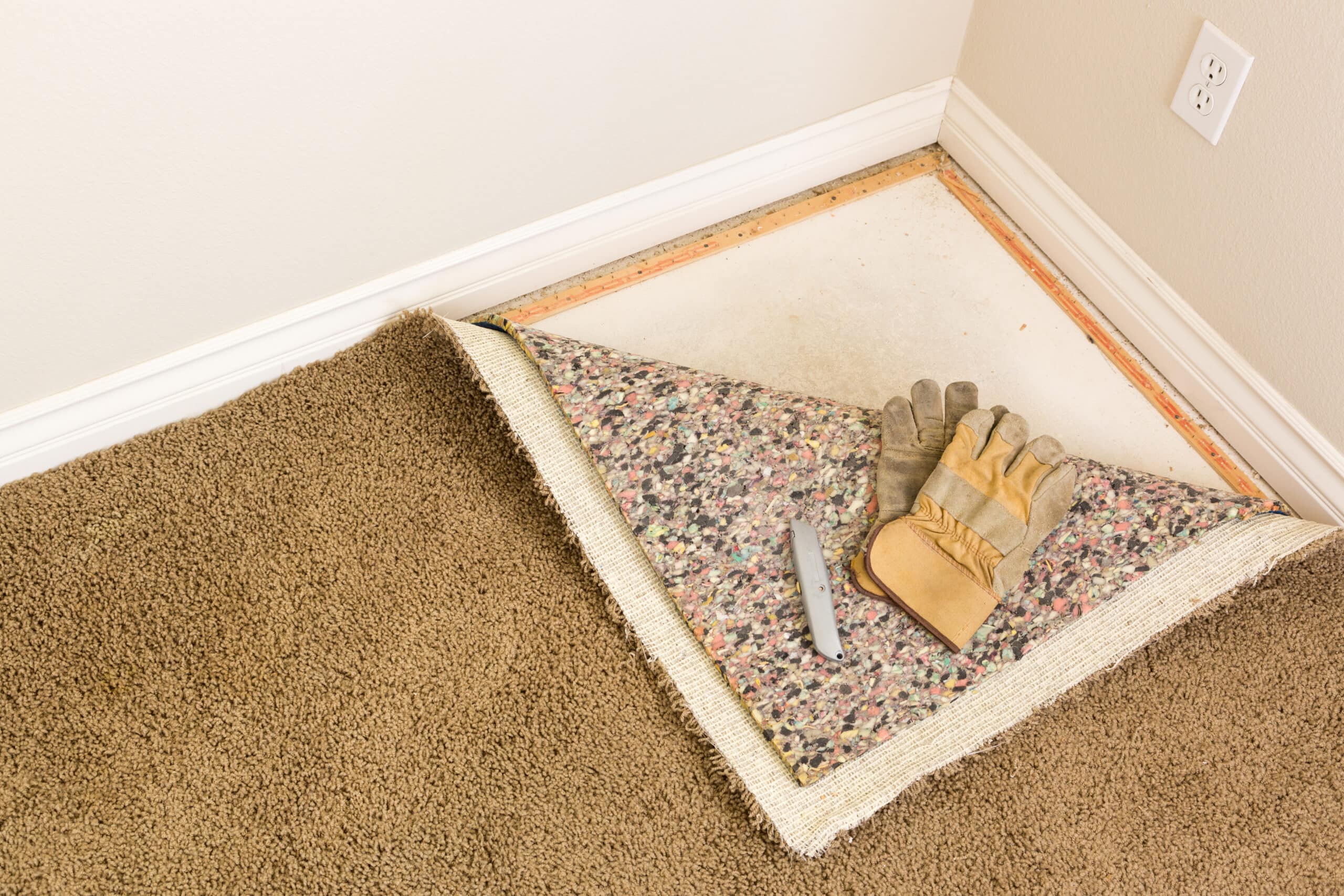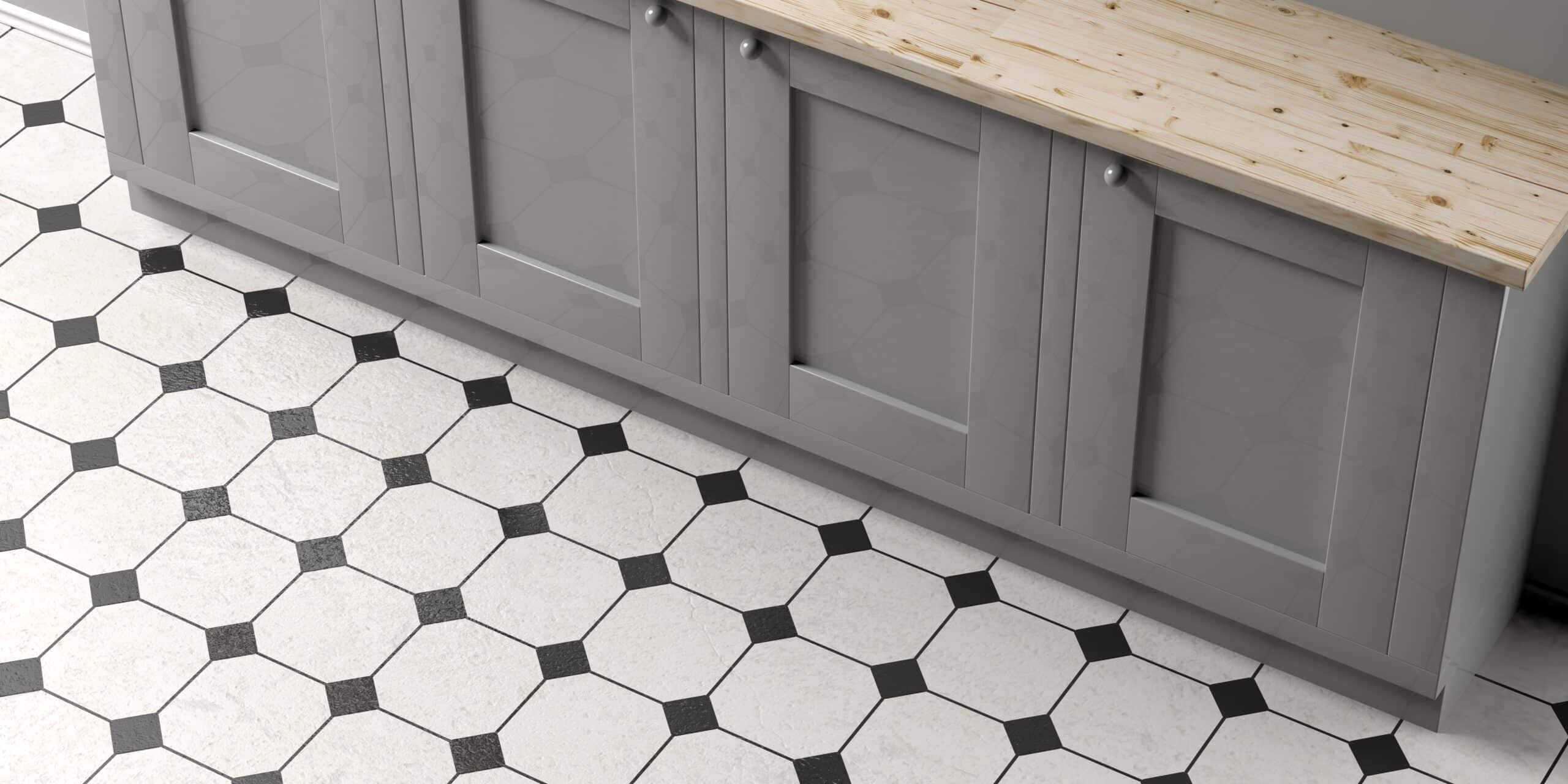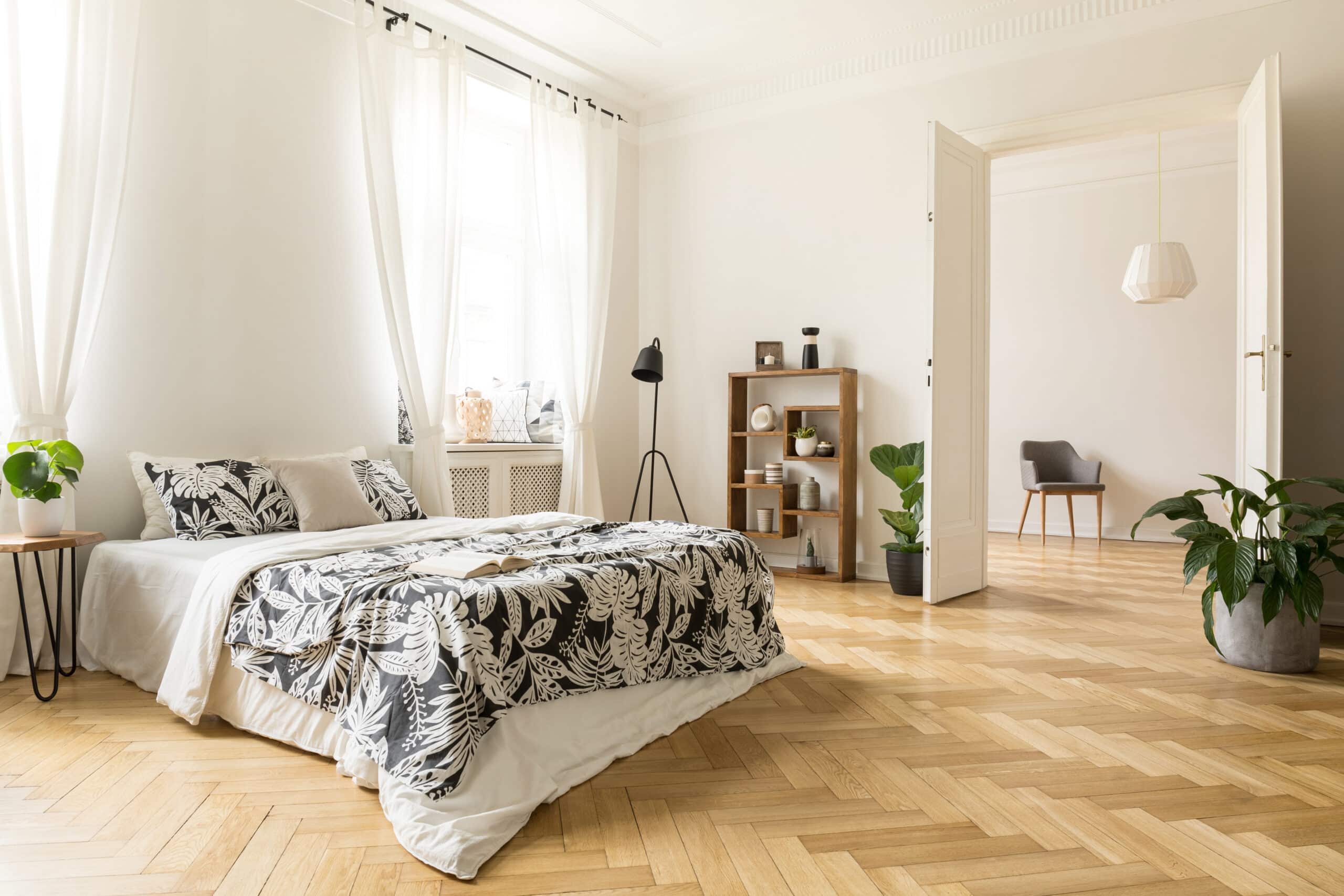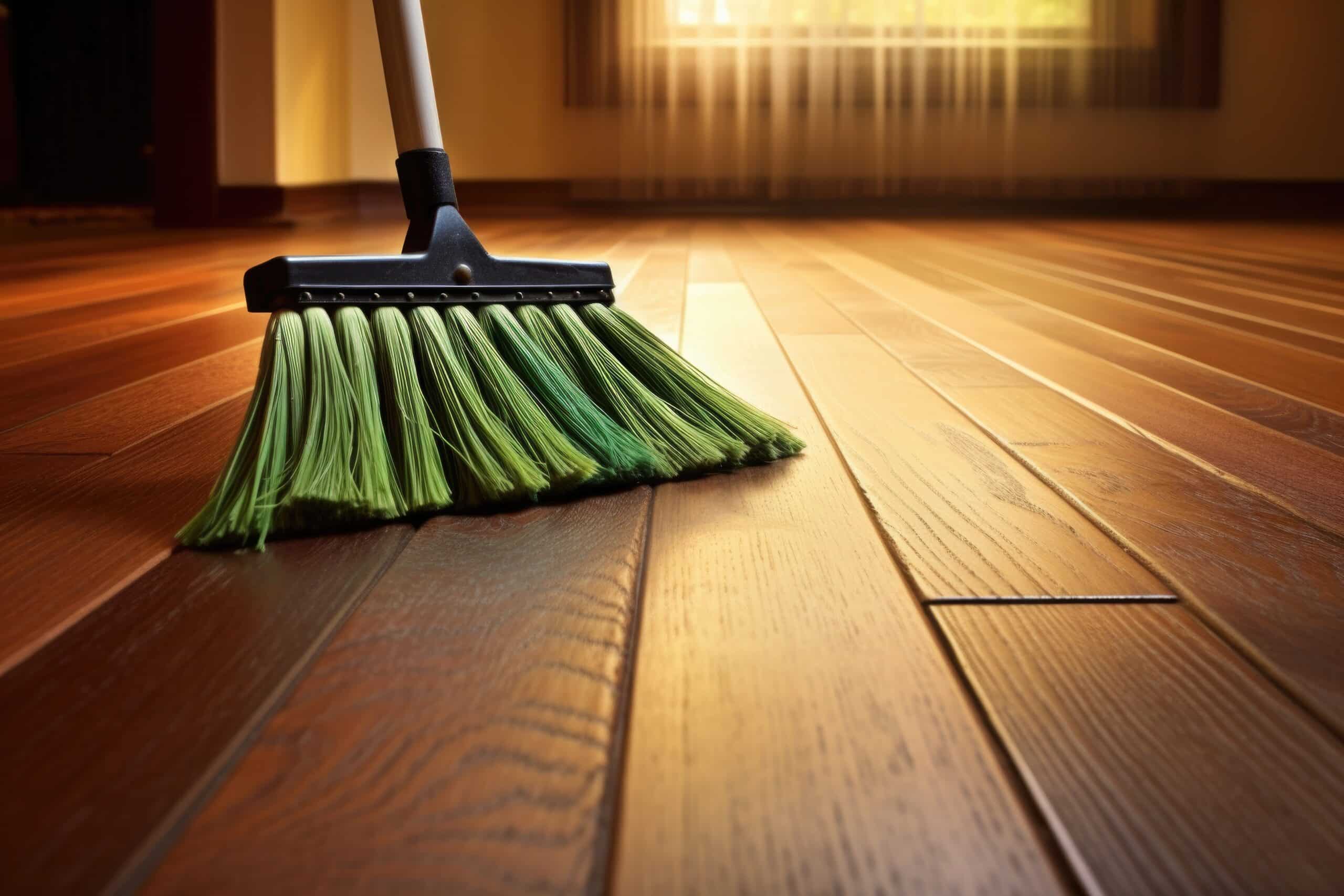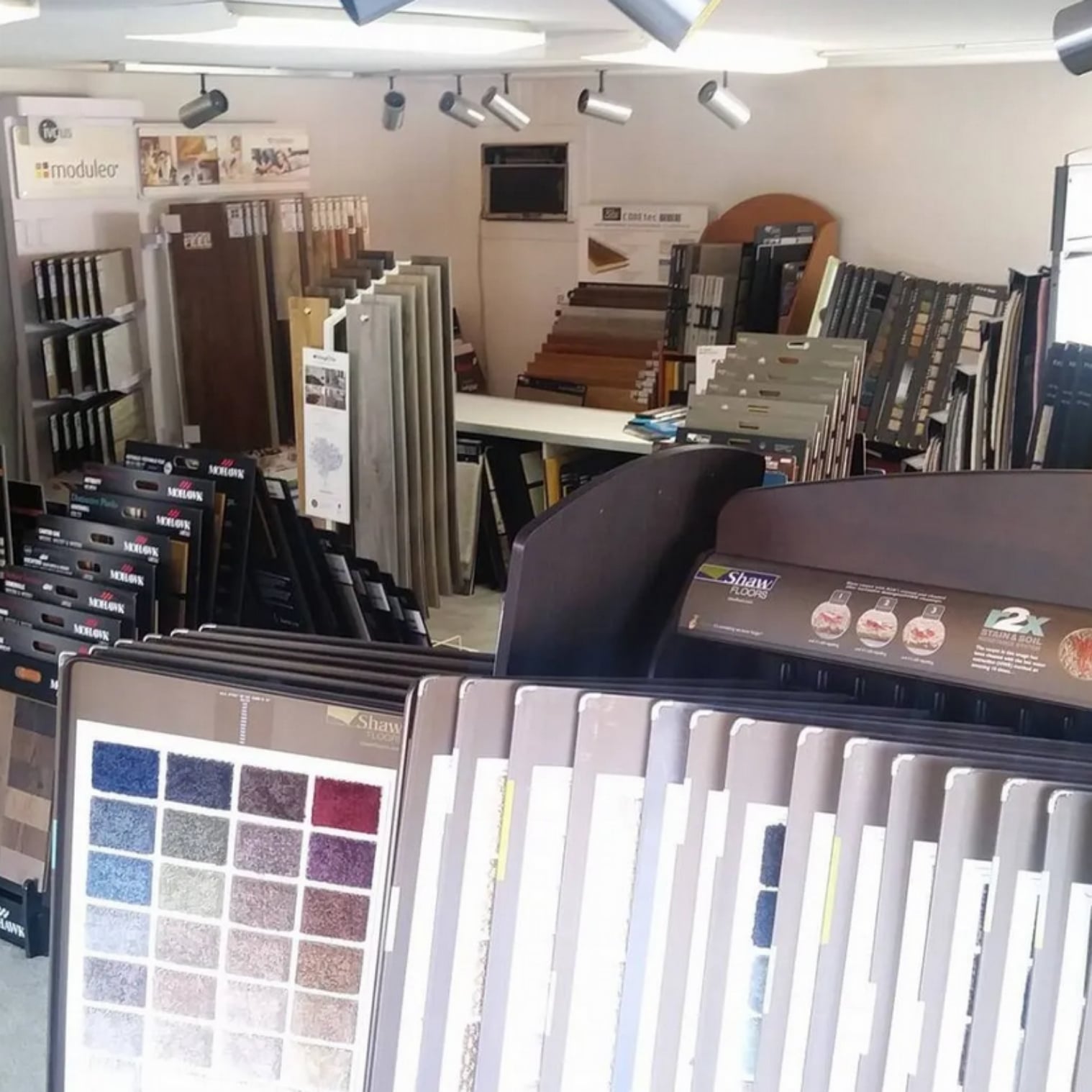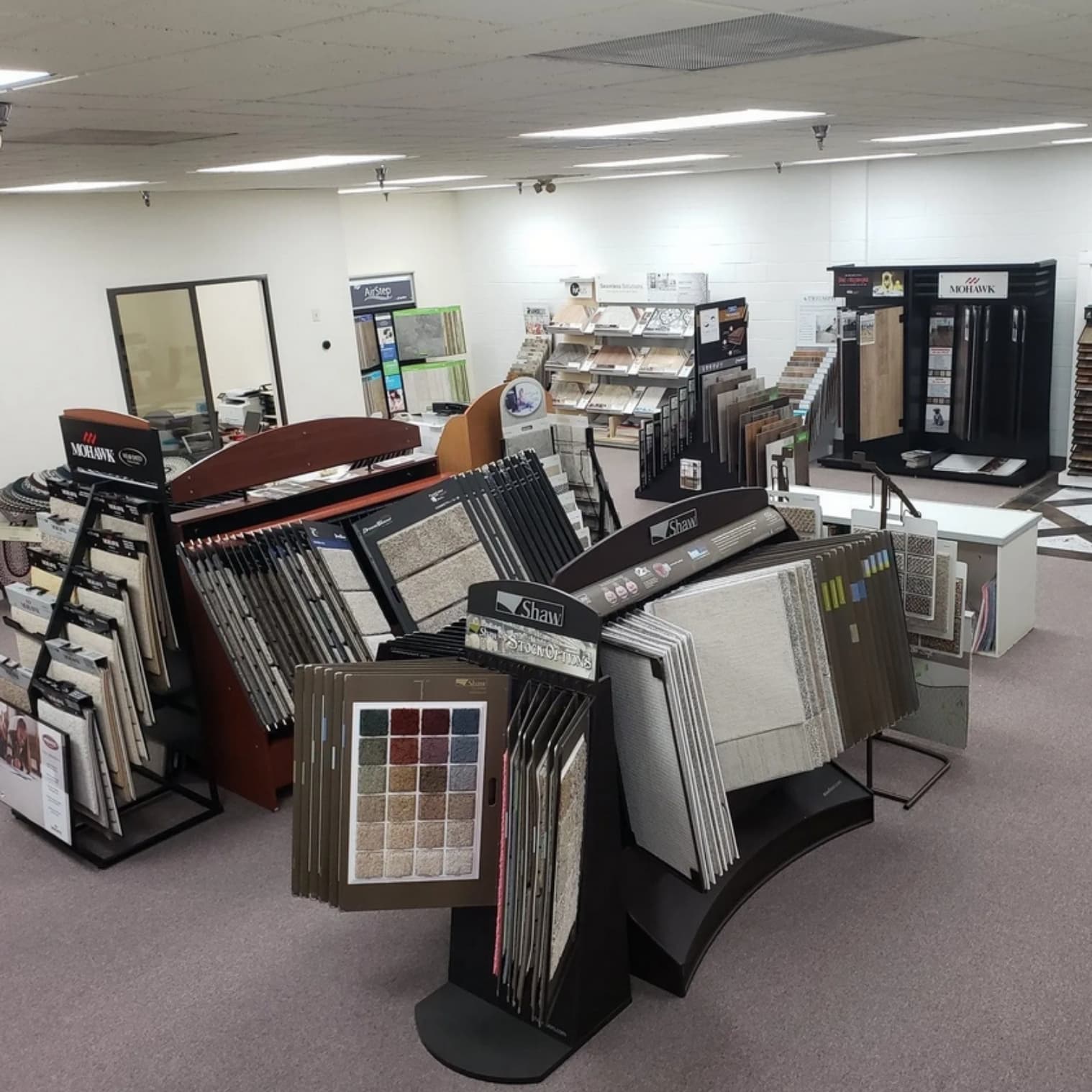When selecting flooring materials, it’s essential to consider the unique demands of the space. While both residential and commercial flooring must be functional and visually appealing, the requirements for each differ significantly due to the nature of their use. Some materials are suitable for both residential and commercial spaces, but in most cases, it’s best to select a material designed for one use or the other.
Understanding the needs of your space will help you select the best materials. Here’s how residential and commercial flooring compare.
Durability & Traffic
One of the biggest differences between residential and commercial flooring is the level of foot traffic. Commercial spaces such as offices, retail stores, and restaurants experience heavy daily use. As a result, commercial floors must be highly durable and resistant to wear, moisture, and stains. Materials like luxury vinyl tile (LVT), ceramic tile, and commercial-grade carpet are common choices because they’re built to withstand constant use.
In contrast, residential flooring typically handles much lighter traffic. Homeowners may prioritize comfort and aesthetics over extreme durability. Popular options include hardwood, laminate, carpet, and vinyl, all materials that offer style and comfort, while still holding up to everyday use by families and pets.
Design & Aesthetics
Aesthetic needs also differ. Residential flooring often reflects personal taste, interior design trends, and comfort. Homeowners have more freedom to choose textures, colors, and materials that create a cozy, inviting atmosphere.
Commercial flooring, however, tends to be more utilitarian, though design still matters. Businesses often aim for a professional, clean look that aligns with their brand. Floors in commercial spaces may need to meet safety standards, such as non-slip surfaces, and maintain a uniform appearance across large areas.
Maintenance & Longevity
Commercial floors must be easy to clean and maintain, often withstanding daily cleaning protocols. They’re designed to last many years with minimal upkeep, even in tough conditions.
Residential floors, while also benefiting from low maintenance, aren’t expected to endure the same rigorous routines. Homeowners might choose materials based on ease of cleaning, especially in homes with kids or pets, but they can also accommodate more delicate materials like natural hardwood or plush carpet.
Creighton Floor Covering | Commercial and Residential Flooring Solutions
At Creighton Floor Covering, we offer a wide range of flooring materials suitable for both residential and commercial spaces. Whether you’re replacing the carpeting in your office or remodeling a retail store, we have a flooring material to meet your needs.


